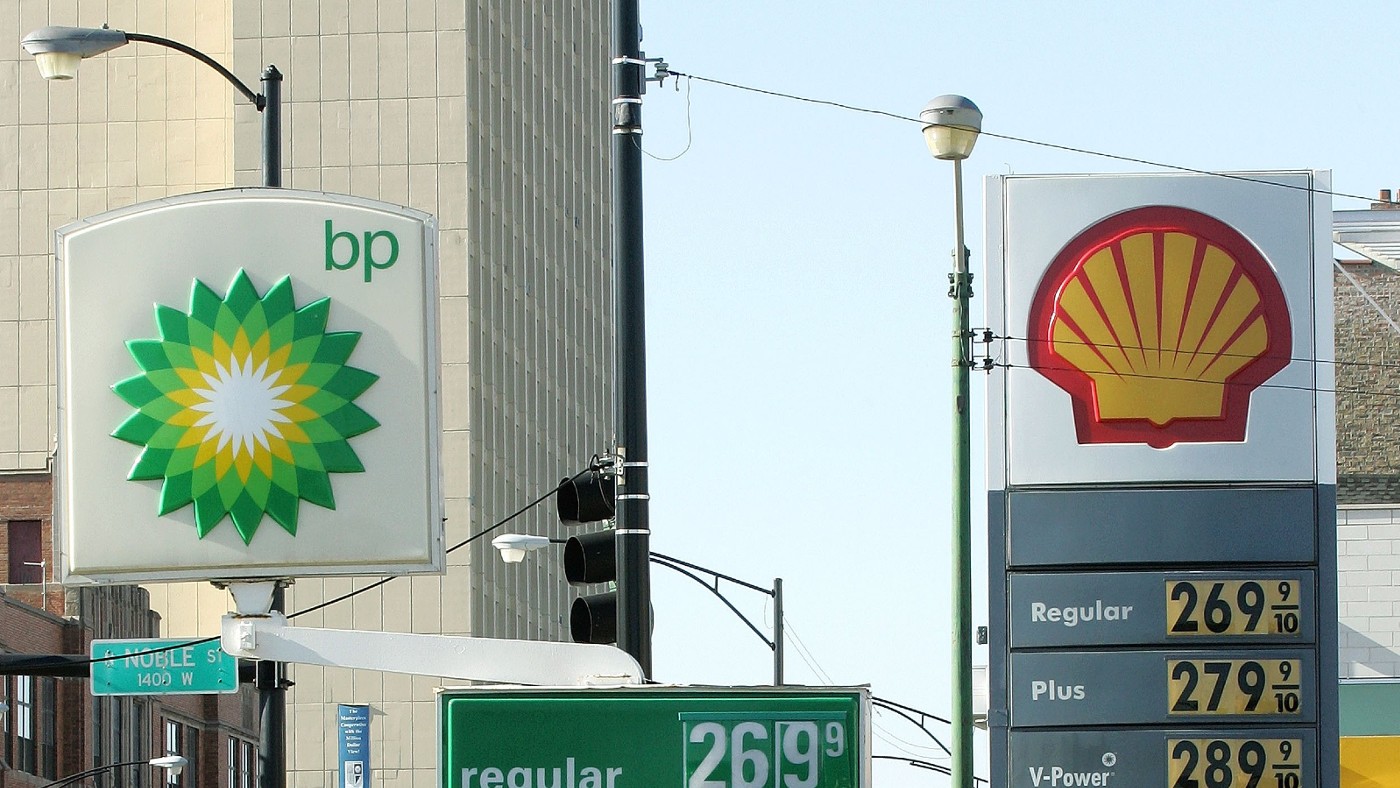Why the government opposes a windfall tax on oil and gas profits
BP profit surge triggers renewed calls for a levy to help struggling households

A free daily email with the biggest news stories of the day – and the best features from TheWeek.com
You are now subscribed
Your newsletter sign-up was successful
Calls for a UK windfall tax on energy giants have grown after BP reported that its profits more than doubled in the first three months of this year.
The company posted an underlying profit of $6.2bn (£4.9bn) compared to $2.6bn in the same period last year as oil and gas prices soared. Analysts told The Sunday Times they also expect Shell to report bumper net profits of $8.5bn on Thursday, up from $3.2bn.
Labour has been calling for a one-off tax on energy companies to fund measures that would ease the cost-of-living crisis for families in the UK.
The Week
Escape your echo chamber. Get the facts behind the news, plus analysis from multiple perspectives.

Sign up for The Week's Free Newsletters
From our morning news briefing to a weekly Good News Newsletter, get the best of The Week delivered directly to your inbox.
From our morning news briefing to a weekly Good News Newsletter, get the best of The Week delivered directly to your inbox.
‘Obscene’ profits
Shadow climate change and net zero secretary Ed Miliband said Boris Johnson’s refusal to levy a windfall tax to help cut energy prices is “deeply wrong, unfair and tells you all you need to know about whose side this government is on”, reported the Daily Mirror.
Frances O’Grady, the TUC general secretary, said that “at a time when households across Britain are being hammered by soaring bills and prices these profits are obscene”, adding that “the government must stop making excuses and impose a windfall tax.”
There are precedents for such measures. For instance, the Italian government has unveiled a £11.8bn energy support package to help vulnerable people and businesses, which will be financed by increasing the windfall tax on energy firms to 25%.
A free daily email with the biggest news stories of the day – and the best features from TheWeek.com
Investment deterrent
The government argues that such a levy would deter investment in the North Sea. Business Secretary Kwasi Kwarteng told Sky News on Sunday that he has “never been a supporter of windfall taxes” because they “discourage investment”.
Johnson made the same argument on Good Morning Britain yesterday morning. The PM said a windfall tax on energy giants would “discourage them from making the investments that we want to see that will, in the end, keep energy price prices lower for everybody”.
However, BP’s boss has said plans to invest in Britain would be unaffected if the government raised its taxes. The company said it intended to invest up to £18bn in Britain’s energy system by the end of 2030, reported the Financial Times.
Asked by The Times which investments BP would cancel if there were a windfall tax, Bernard Looney, BP’s chief executive, said: “There are none that we wouldn’t do.”
He added that BP is making the investments because “we are backing Britain” and “we believe that the policies are in place here for these investments.”
He said that BP’s higher profits gave it “the opportunity to invest” and it planned to inject between 15% and 20% of its capital expenditure into Britain, up from between 10% and 15% historically.
Miliband seized on these remarks, tweeting that “the government’s whole case against the windfall tax has now been exposed as a sham by none other than the boss of BP.”
The shadow minister added that the government has “run out of excuses”.